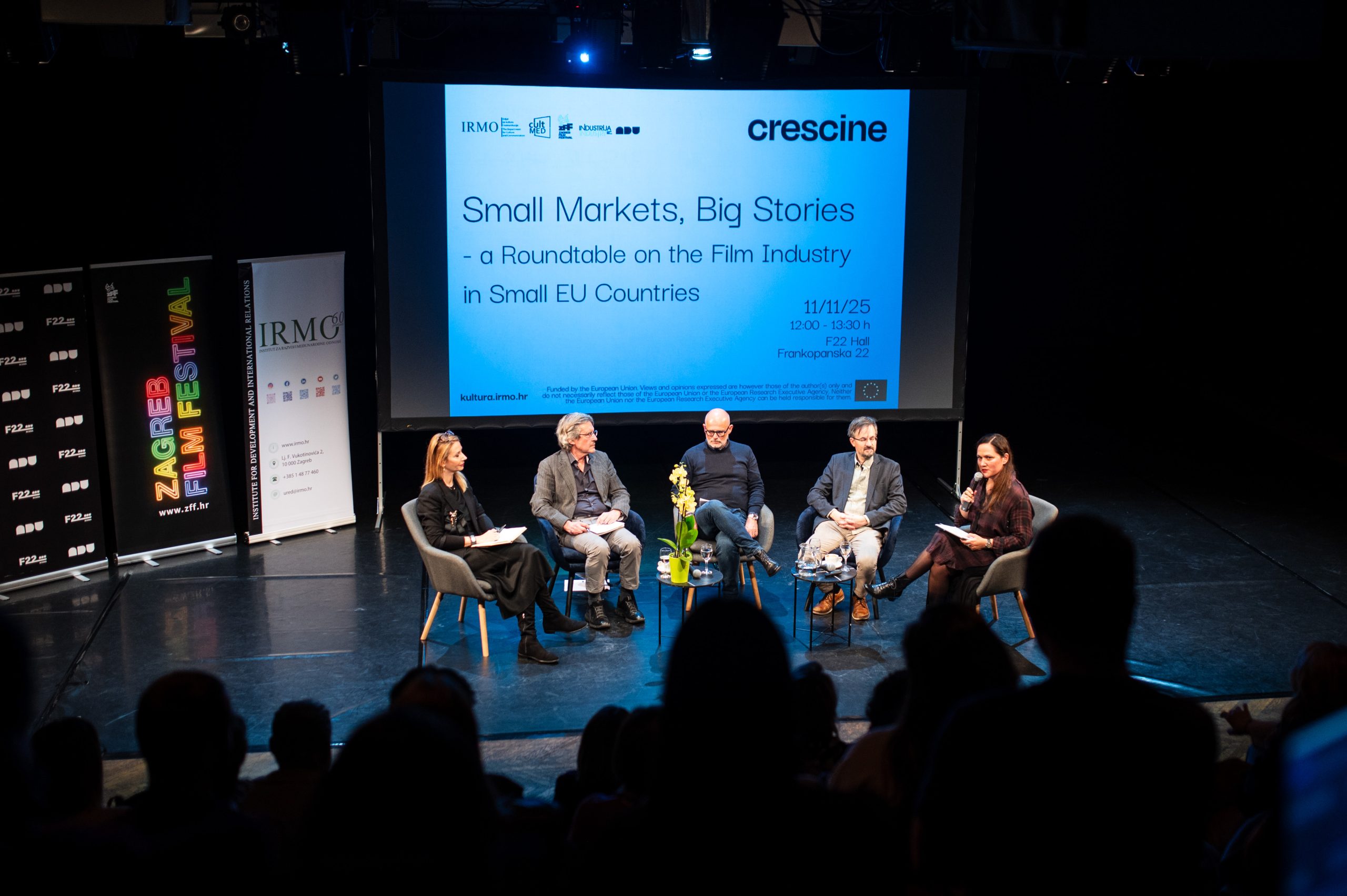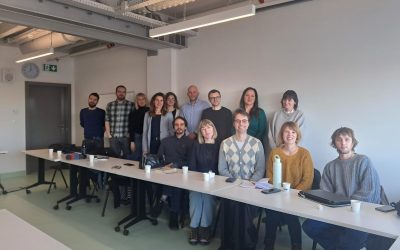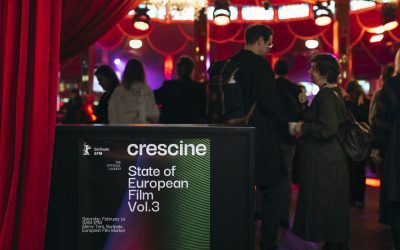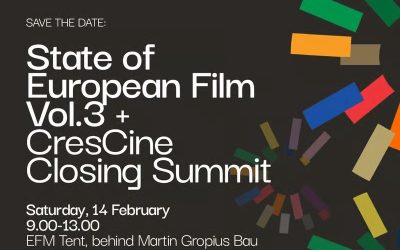The Department for Culture and Communication of the Institute for Development and International Relations organised a roundtable entitled “Small Markets, Big Stories – Film Industry in Small European Countries” on November 11, 2025, at the F22 stage of the Academy of Dramatic Arts in Zagreb. The roundtable was held as part of the CresCine project within the Industry program of the Zagreb Film Festival. The roundtable presented the key results of the research “Increasing the International Competitiveness of the Film Industry in Small European Markets” (CresCine) conducted within the framework of the Horizon Europe program (2023-2026). Participants discussed ways to increase the competitiveness of films from small countries, while special emphasis was placed on comparative insights from Croatia and Denmark. The roundtable participants were: Jakob Isak Nielsen, associate professor at Aarhus University, Denmark, Lars Bjørn Hansen, head of the Danish SF Production Office, Chris Marcich, director of the Croatian Audiovisual Center (HAVC), Martina Petrović, head of the DKE – MEDIA Office of Croatia, while the event was moderated by Jaka Primorac, scientific advisor from the Department of Culture and Communications of the Institute for Development and International Relations.
After introducing the roundtable participants and presenting the main information about the CresCine project, it was emphasized that the focus on the comparative discussion of the film industries in Denmark and Croatia came from the intent, although being aware of socioeconomic and political differences, to direct the discussion towards examples of both good practices and policy challenges from both countries from which the sectors of both countries can learn. Firstly, the basic comparative data on the production volume of feature and documentary films (minority, majority and 100% national productions) was presented, where a significant difference was noticeable in the fifteen-year research period, both in the number of titles and in the continuity of production (e.g. a large drop in the Covid-19 period for Croatia). It was also pointed out that there was an almost double difference in the number of domestically produced titles per half a million inhabitants, which was later contextualised in the discussion with data on high production and development expenditures in the case of Denmark (38.8 million EUR) and 7.1 million EUR in the case of Croatia for the period from 2014 to 2022.
The discussion then focused on three key topics – infrastructure issues, the impact of global streaming services and the issue of support for service productions. It was pointed out that there is a similarity in the number of cinemas per capita in both countries, but also in the large difference in the price of cinema tickets, where, according to the data, and when looking at the purchasing power parities, Denmark has the highest ticket prices of all the countries studied in the project. In this sense, the level of VAT on tickets is a significant factor, which for Denmark is 25%, while in Croatia the preferential VAT level is 5%. Both countries have a good territorial distribution of cinema infrastructure; however, the independent cinema network in Croatia faces challenges regarding ownership of cinema halls, which also affects film programming and continuity of work. A positive example is Biograf Klub Danmark, which has influenced the audience for domestic films, as is also evident in the data, where Danish films in Denmark account for 30.8%, while in Croatia, the audience of domestic films is significantly lower – 3.5%. According to the discussants, this success in Denmark is due to the important role of cinema infrastructure, especially in smaller cities, where the audience for domestic films is also higher on average. The importance of co-productions (whether minority or majority) was emphasised both for closing the budget, for the visibility of the film and for its wider promotion, with CresCine research data showing the great importance of minority co-productions for Croatia.
The cinema audience has still not returned to pre-pandemic levels in the whole of Europe, and the question is whether this will happen unless some key changes are made in the programming and management of cinemas themselves. Viewer habits have changed, and streaming services have an increasing influence on citizens’ habits, while young people in particular are increasingly oriented towards information and viewing content on social media. This also opened up the following topic of the roundtable about the influence of global online platforms on the production and distribution of content from small markets, with streamers like Netflix in Nordic countries such as Denmark also investing in production, while in Croatia, they are only interested in licensing domestic content. CresCine research data indicates that the majority of Danish titles are available on one of the streamers, while only 37% of Croatian titles (data for 2023) were available. It is assumed that this share has increased in the meantime due to amendments to the Electronic Media Act, as emphasised in the discussion. However, it is important to point out that almost all SVODs come from the USA, which also opened a debate about EU initiatives and programs (i.e. the MEDIA Call for a ‘European Network of VOD Platforms and Operators’) that aim to challenge such dominance, but due to structural constraints, they are not actually aimed at small EU countries but at ‘the Big Five’ (Spain, France, Germany, the UK, and Italy). The discussion then turned to the issue of support for service productions, a program that has been implemented in Croatia for a number of years (EUR 23 million was invested in the period 2014-2022), while such a program has not been implemented in Denmark so far at all. In 2026, Denmark will open such a program for the first time, a subject of divisive debate in the Danish film community for many years. Experiences from Croatia range from positive in terms of economic benefits for the communities where the productions take place, promotion of Croatia in international frameworks, upskilling of people who work on such large productions; to negative consequences for the local film community in terms of the availability of personnel for domestic productions (whether in terms of costs or time), and the inability of domestic productions to adequately pay film workers due to their limited budgets. How the Danish film industry will react to the support program for service productions and how much it will affect domestic film production remains to be seen after the program is introduced. In the final part, which included questions from the audience, it was emphasised that, regardless of the stagnation of viewership in cinemas, cinema remains important for the entire film value chain, both as the first point (theatrical release) and an indicator of the success of distribution (including on streaming platforms) and as a place of sociability and discussion about film. Participants also emphasised that new ways are needed to reach (young) audiences, develop film culture, open up new ways of creating (cinema) experiences, and develop models that will make film a space for co-creation.
The roundtable was attended by over 60 participants from the film sector and academia from Croatia and broader Europe. The roundtable was organised in partnership with the Zagreb Film Festival and the Academy of Dramatic Arts in Zagreb, and was part of the ZFF Industry program, which serves as a platform for education and networking of film professionals in the region.
Photos from the event are available below.
Photos: Zoe Šarlija (source: ZFF).
-
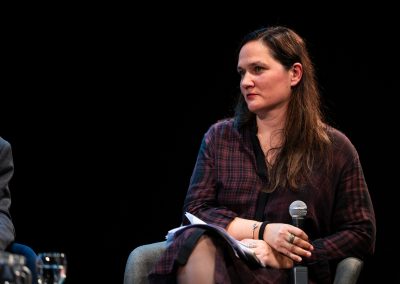
Photo: Zoe Šarlija, ZFF
-
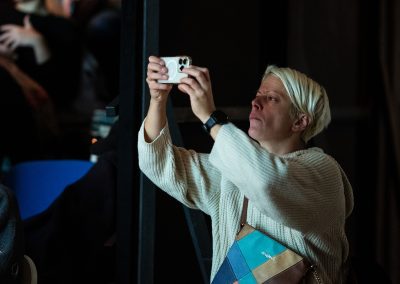
Photo: Zoe Šarlija, ZFF
-
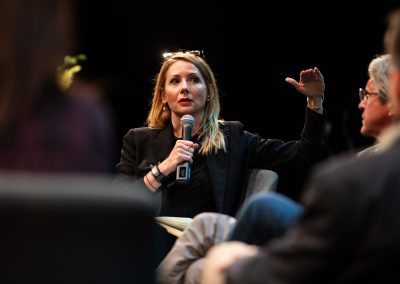
Photo: Zoe Šarlija, ZFF
-
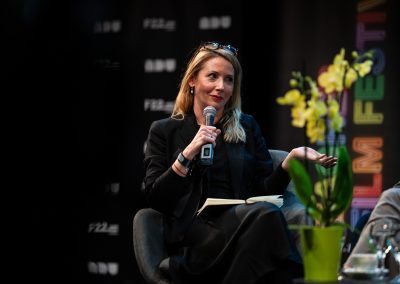
Photo: Zoe Šarlija, ZFF
-
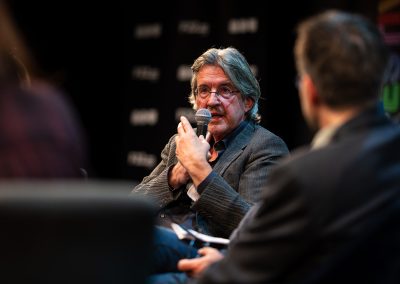
Photo: Zoe Šarlija, ZFF
-
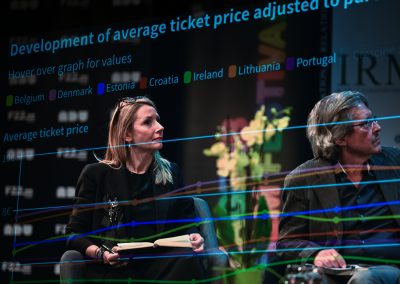
Photo: Zoe Šarlija, ZFF
-
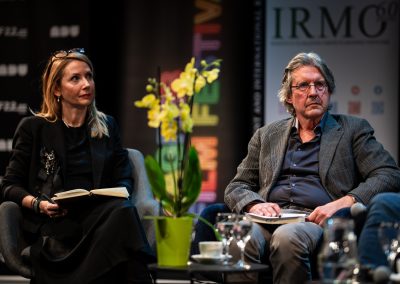
Photo: Zoe Šarlija, ZFF
-
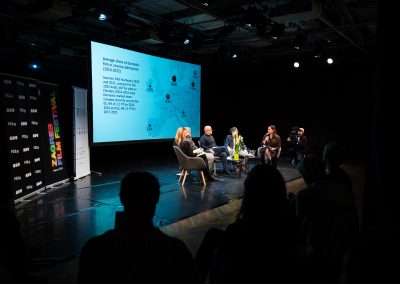
Photo: Zoe Šarlija, ZFF
-
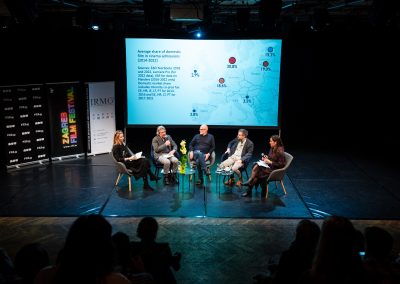
Photo: Zoe Šarlija, ZFF
-
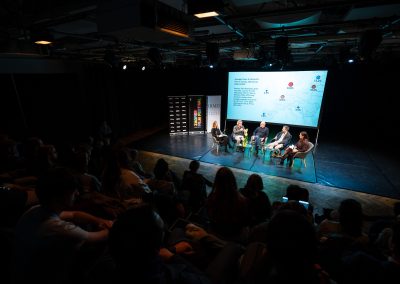
Photo: Zoe Šarlija, ZFF
-
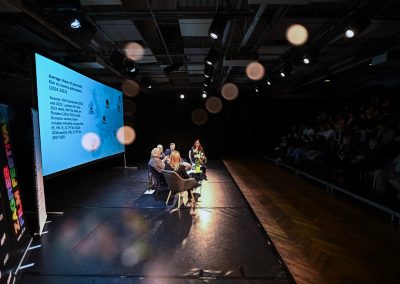
Photo: Zoe Šarlija, ZFF
-
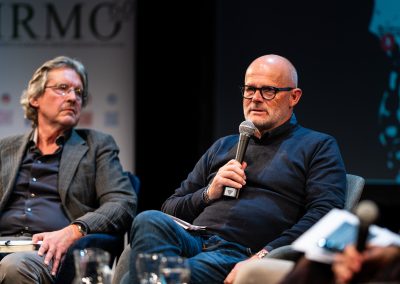
Photo: Zoe Šarlija, ZFF
-
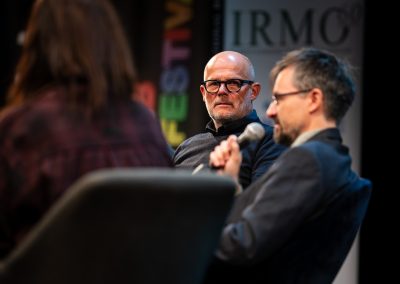
Photo: Zoe Šarlija, ZFF
-
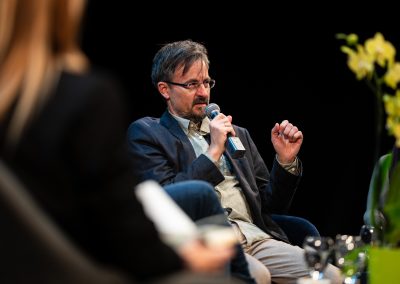
Photo: Zoe Šarlija, ZFF
-
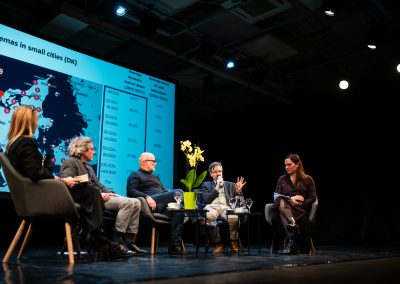
Photo: Zoe Šarlija, ZFF
-
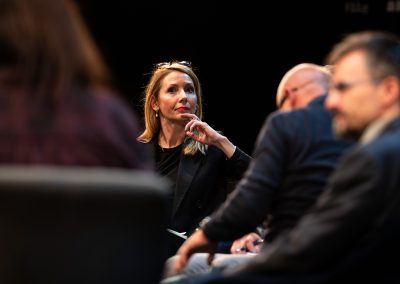
Photo: Zoe Šarlija, ZFF
-
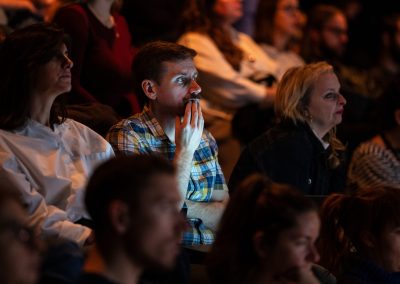
Photo: Zoe Šarlija, ZFF
-
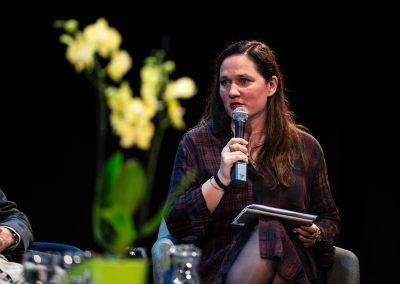
Photo: Zoe Šarlija, ZFF
-
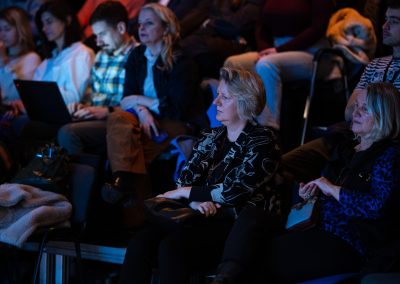
Photo: Zoe Šarlija, ZFF
-
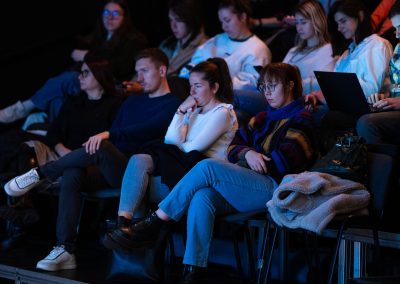
Photo: Zoe Šarlija, ZFF
-
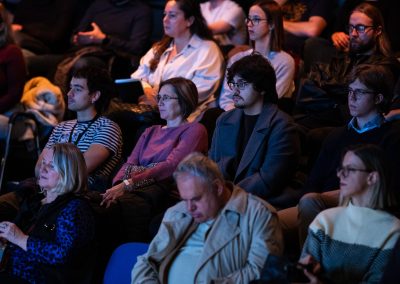
Photo: Zoe Šarlija, ZFF
-
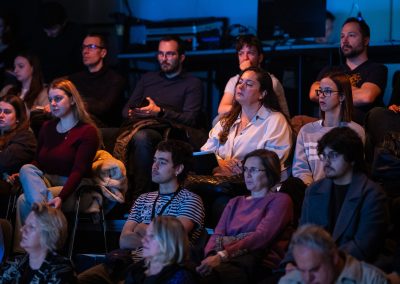
Photo: Zoe Šarlija, ZFF
-
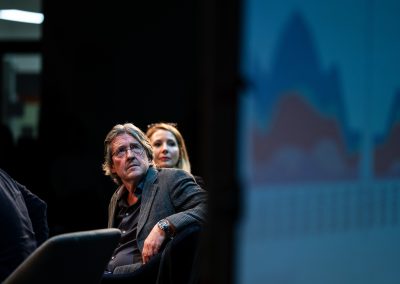
Photo: Zoe Šarlija, ZFF
-
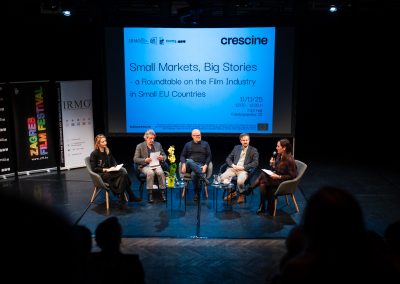
Photo: Zoe Šarlija, ZFF
-
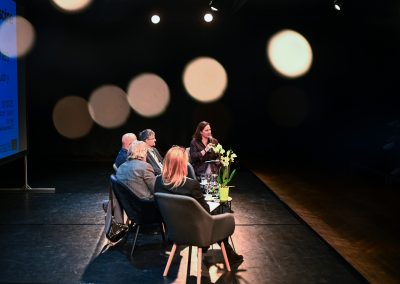
Photo: Zoe Šarlija, ZFF
